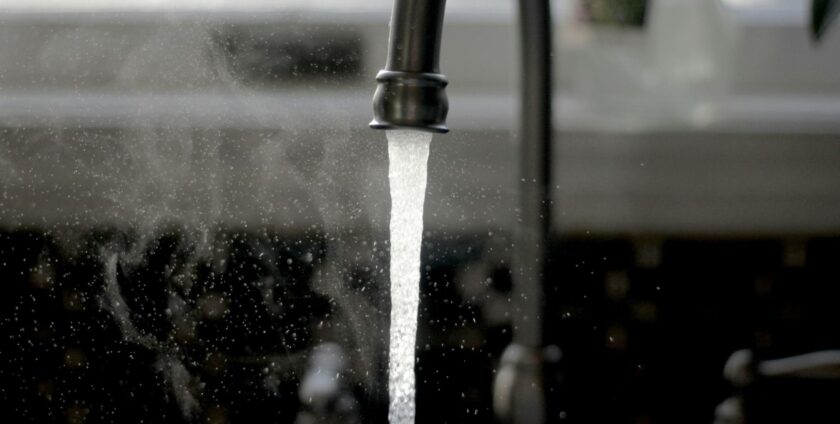
When you live in an apartment instead of a house, there can be various issues with the property that may arise at some point in time. Plumbing issues are really common because all the apartments use the entire water drainage system.
Should a plumbing issue arise, you need to tackle it fast. In the worst-case scenario, it may lead to problems to adjacent apartments and cause even more problems for your neighbours.
What are the most common apartment plumbing problems, and how can they be fixed? This is what we are going to talk about in our blog post.
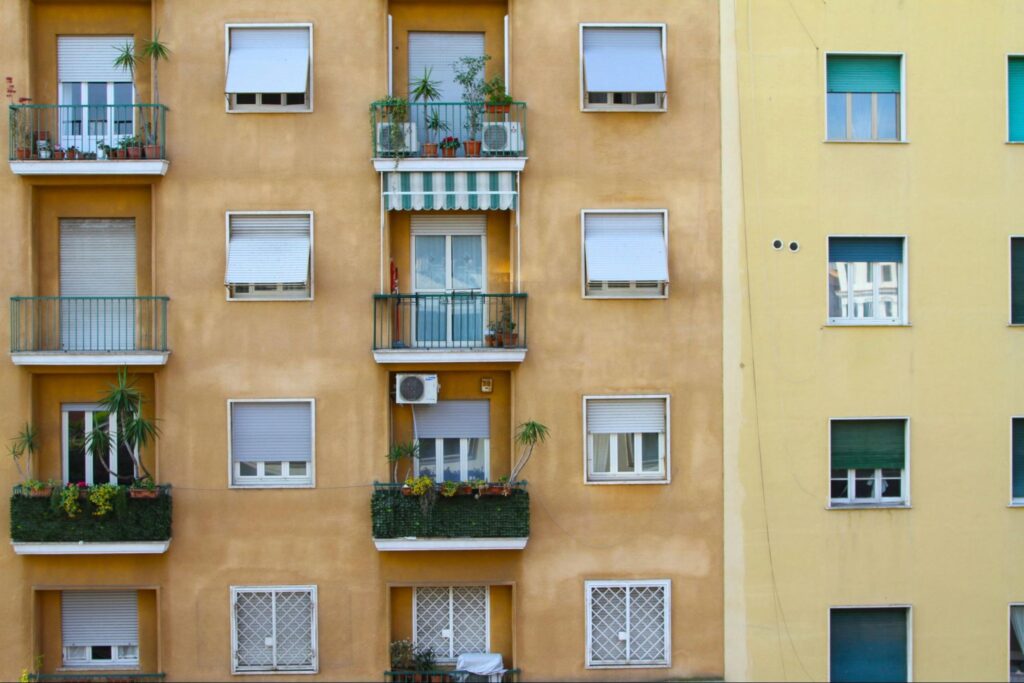
Does the Landlord or Tenant Need to Fix the Plumbing Issues?
Having apartment plumbing problems can be very frustrating, especially if you can’t resolve them fast. If you are renting an apartment, the main question that arises in such situations is who is responsible for fixing them – the landlord or the tenant?
The answer to that question may vary depending on the type of problem, local laws in the area you live in, and the terms of the lease of the apartment.
In most situations, the responsibilities are divided between the two parties.
Landlord’s responsibility
The landlord is responsible for any major repairs that may arise on the property, including the apartment plumbing. If you have broken pipes or clogged main drains, then it’s the landlord’s responsibility to take care of them.
Also, in case of problems with water heaters, any kind of leaks and flooding, you should contact your landlord.
In other words, it refers to all kinds of plumbing repairs that affect the property or violate any local housing codes. It’s also the landlord’s job to ensure the apartment’s compliance with local laws and regulations for the property.
Tenant’s responsibility
If you are a tenant in an apartment complex, you are responsible for minor repairs to the property that don’t affect the overall living in the apartment. For example, if you have a clogged toilet, then the responsibility for it is yours.
One thing that’s a crucial part of the apartment residents responsibility is repairing any damage caused by negligence from their side.
These responsibilities may vary depending on your lease agreement, so make sure to check your documents thoroughly for any additional information.
You should always inform your landlord in due time should a problem with the plumbing arise.
Landlord-Tenant responsibilities in Ireland
As we already said, there different laws and regulations depending on where you live. For Ireland, the legal requirements are devised by The Residential Tenancies Board (RTB).
Based on the legal requirements, the landlord’s responsibilities in Ireland are as follows:
- Maintaining the property.
- Doing necessary repairs based on basic minimum standards by the RTB.
- Ensuring all plumbing is functional and safe for the tenant.
Tenants’ responsibilities are only for minor repairs, but they have to inform the landlord if any severe problems arise, including with the plumbing of the property.
You can find a detailed list of all the responsibilities of both parties on the RTB website.
Plumbing in Apartments: 10 Common Issues and Their Solutions
If you live in your own apartment, then you are responsible for fixing any issues with the plumbing.
Here, we are going to talk about the 10 most common issues with plumbing and how to fix them.
Low Water Pressure
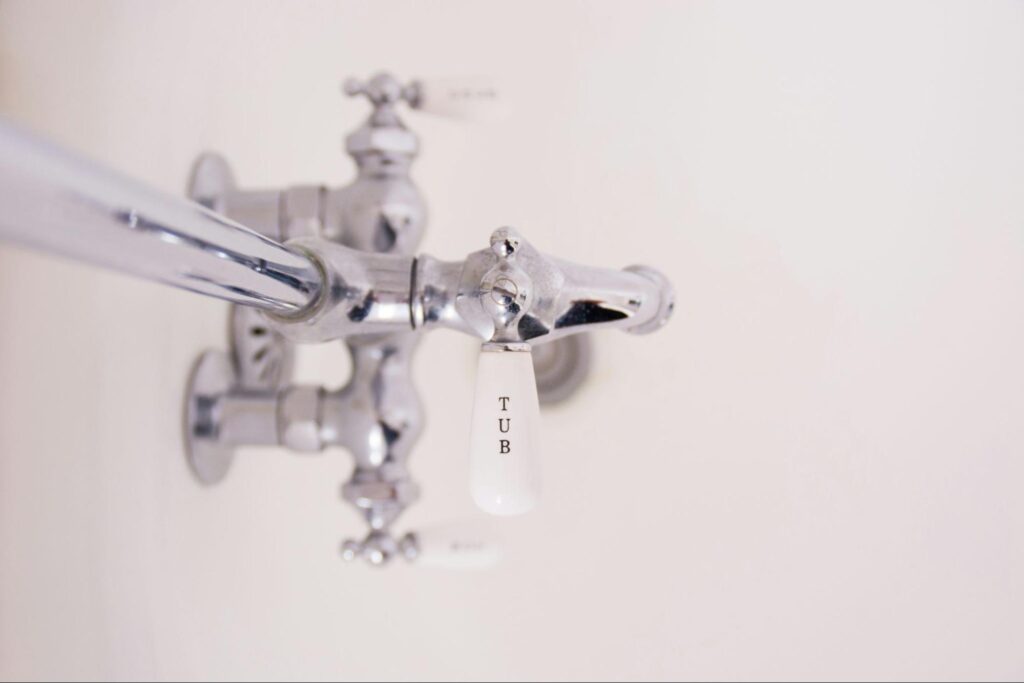
Low water pressure is a very common problem, especially if your building has a lot of apartments. The first thing you need to do is to check if there’s a problem with the central water supply to your building. If that’s not the case, identifying the problem is the first step.
Low water pressure may result from:
- Clogged pipes
- Residue build-up
- Building water pump malfunction
- Leaks.
To determine which problem you may be facing, you can first talk to your neighbours and see if they have the same problem.
For any leaks or constructional problems with piping, you should consider hiring a plumbing specialist. They will check the plumbing systems and fix any issues.
For residue build-up and clogged pipes, you can use over-the-counter solutions, such as different dissolvents. Installing a water softener is also a good idea, especially in areas where mineral build-up is present in the system.
Clogged Drains
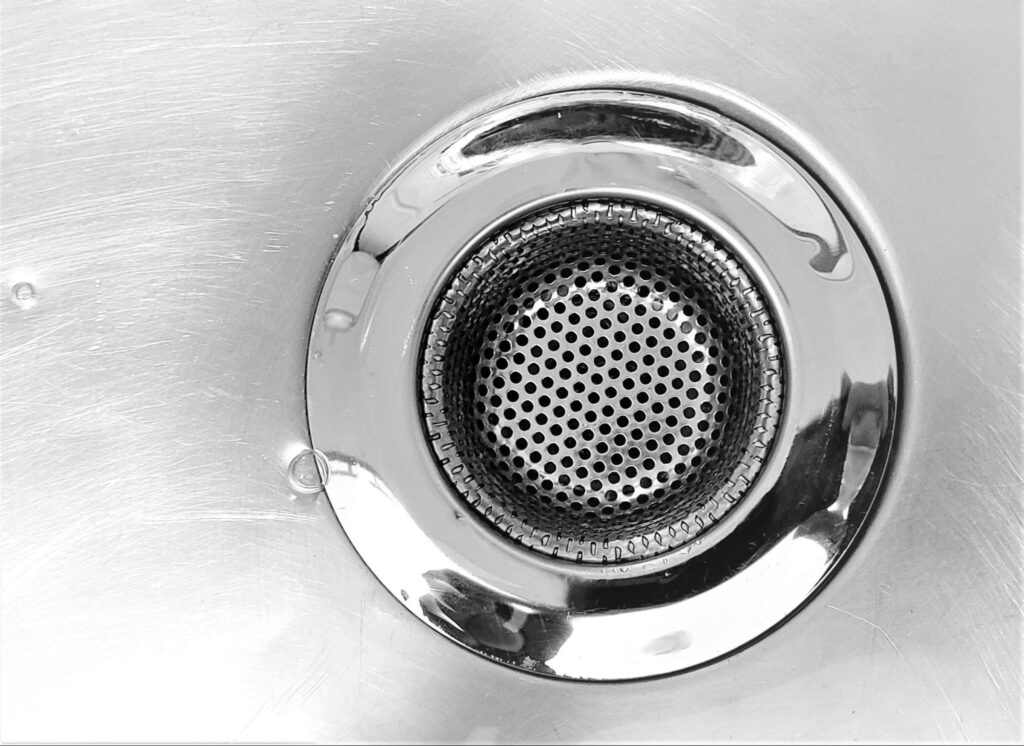
Clogged drains can lead to very serious problems if you don’t fix them in time. They can be especially dangerous for your neighbours because they can result in slow drainage, dirty water build-up, bathroom flooding and ceiling damage.
The best way to fix clogged drains is to inspect them frequently. If you see any build-up, make sure you clean it thoroughly before you have a serious problem. For fixing a drain that is already a problem, you can use basic household items.
To fix your clogged drain, you need the following:
- Baking soda and vinegar
- Hot water
- Plunger
- Flashlight.
The easiest fix is to pour a mix of baking soda and vinegar in the drain and leave it for 15-30 minutes. After that you can pour in some warm water and with the help of the plunger unclog the drain.
You can also use any commercial drain cleaner you can buy in the store.
Running Toilet
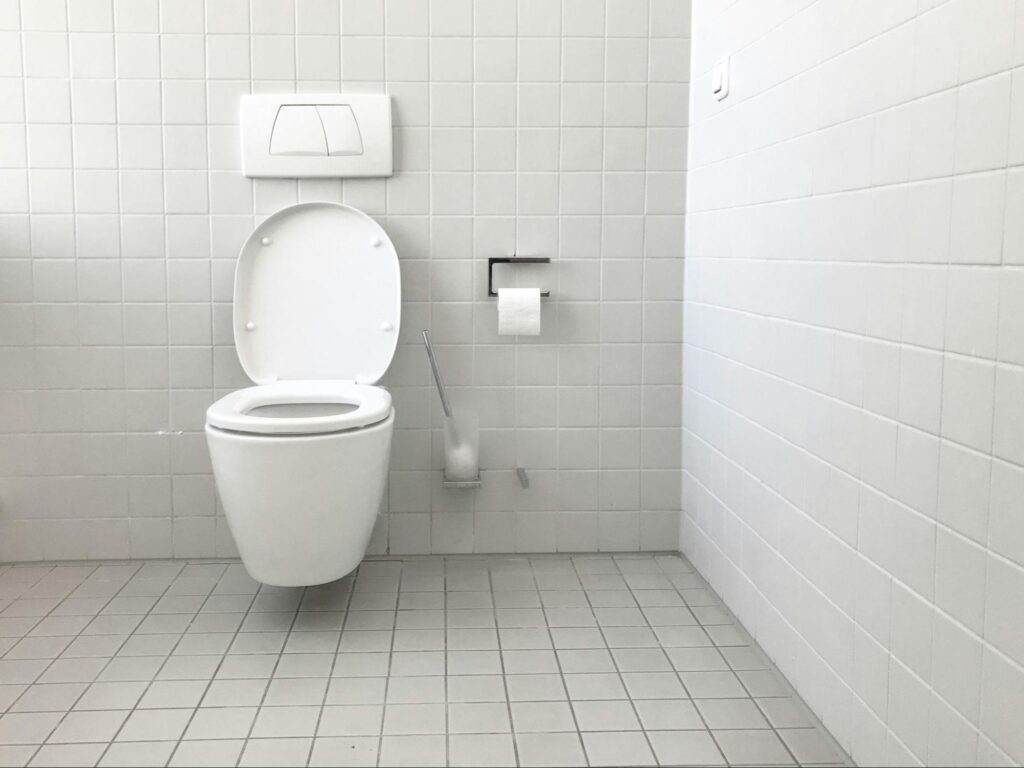
A running toilet can be extremely frustrating. The problem is commonly situated in the toilet cistern. Check if there are any obstructions or residue build-up in the mechanism of the cistern.
If you come to find that the problem is with the seals, you should change them with new ones.
If you have a toilet cistern that’s built-in the wall of the bathroom or identify a more severe problem, then it’s best to contact a professional bathroom plumber.
Loud Pipes
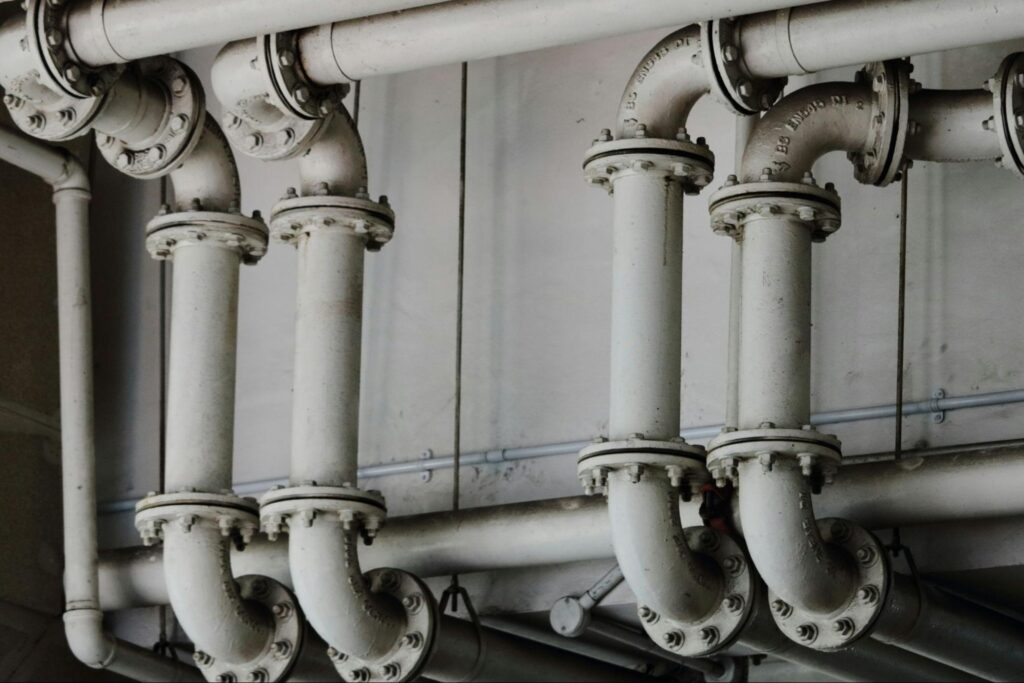
Noise coming from the plumbing pipes can be a result of various problems – both easy to fix and serious. The problems you can fix are high water pressure, air in the pipes, worn valves, and other old components of the plumbing system.
To regulate water pressure, you first have to measure it. After you have established the problem, you can install a regulator that controls the water flow through the piping.
For air in the pipes, you have to drain the whole system. Make sure you have opened every faucet in the apartment. First, you will hear noise, but in a few minutes it will stop. With the faucets all opened, turn the water on again and wait for it to flow evenly from every faucet in the house.
If you find out that the problem of your noisy pipes is caused by old parts, change them with new ones and you’re good to go.
For any other maintenance involving the change of pipes or other issues, you should contact a professional.
Leaky Faucet
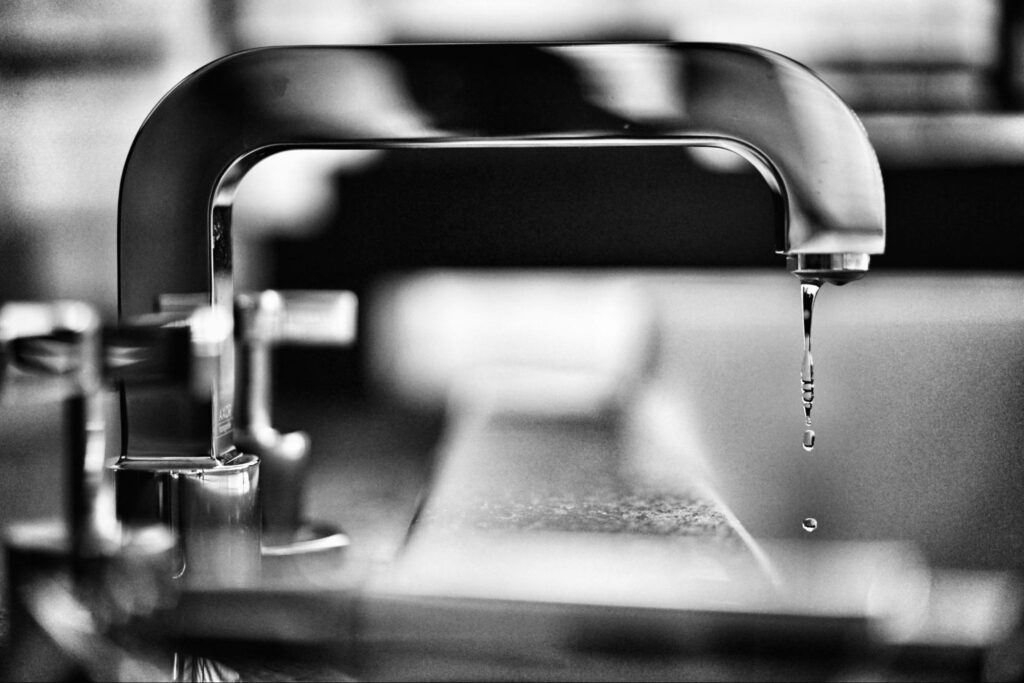
A leaky faucet is usually an easy fix. Faucets leak because some of their components get warned out with time.
If you have leaking faucets, make sure you check all the seals on the system. If the problem is a faulty seal, change it with a new one. Sometimes, tightening connections or applying thread tape between the individual parts of the faucet is enough to stop the dripping.
If you see any other problem related to components, you can change them with new ones or even buy a new faucet.
Lack of Hot Water
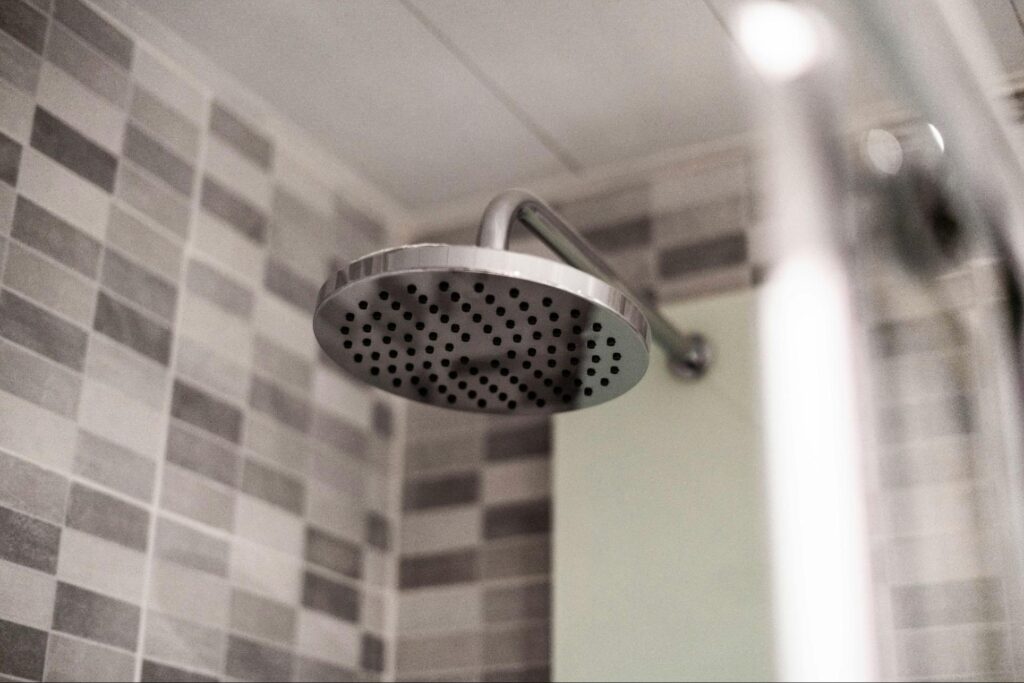
Lack of hot water supply can result from problems with the water pressure in your apartment building or blockage of pipes.
You must start by checking for a problem with the municipal water supply. If that’s the case, you cannot resolve this problem.
If you don’t have hot water or it’s very low, you can check if there’s a problem with the main water pump. It may need a simple adjustment to fix the problem with the hot water.
If that’s not the case, you need a thorough inspection of your piping system, which is best done with the help of a professional.
Poor Water Quality
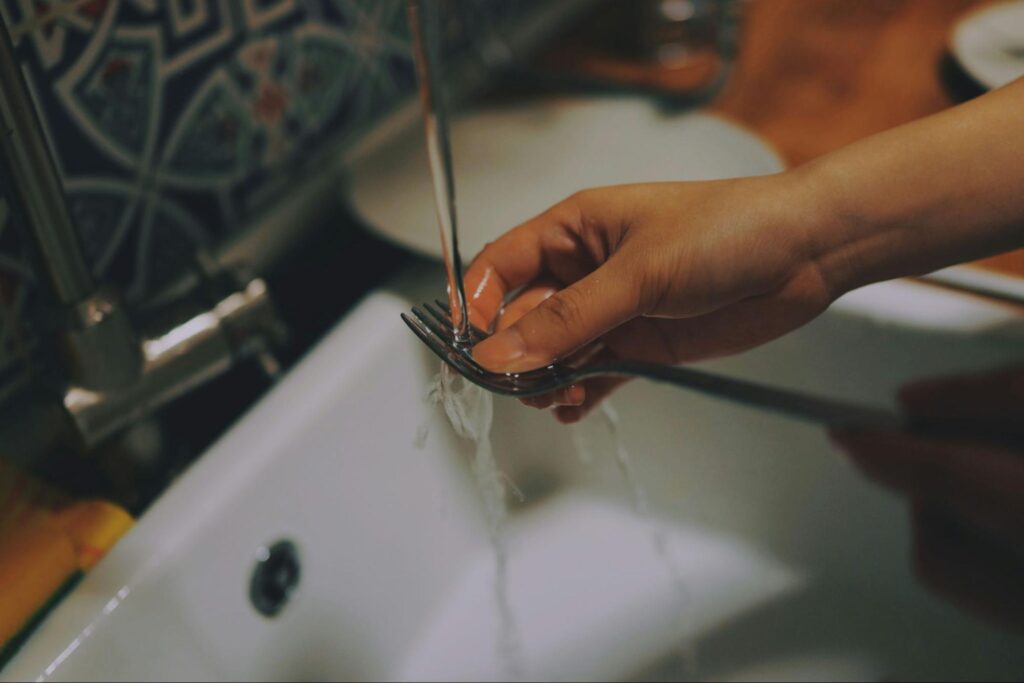
Even in modern suburban areas, problems with water quality are very common. If you see any rusty or dirty water, this is an indication that you have problems with your plumbing system.
Dirty water can be a result of the following problems:
- Old storage tanks in the apartment building
- Old pipes and plumbing system.
- Old and faulty components in your apartment plumbing system.
If you are sure that the problem isn’t affecting your neighbours, you can check if your pipes are rusty. If that’s the case, you can call a professional for consultation on changing the pipes.
If the contaminated water problem is a result of the main water supply in your area, you can’t do anything about it.
Leaky Pipes
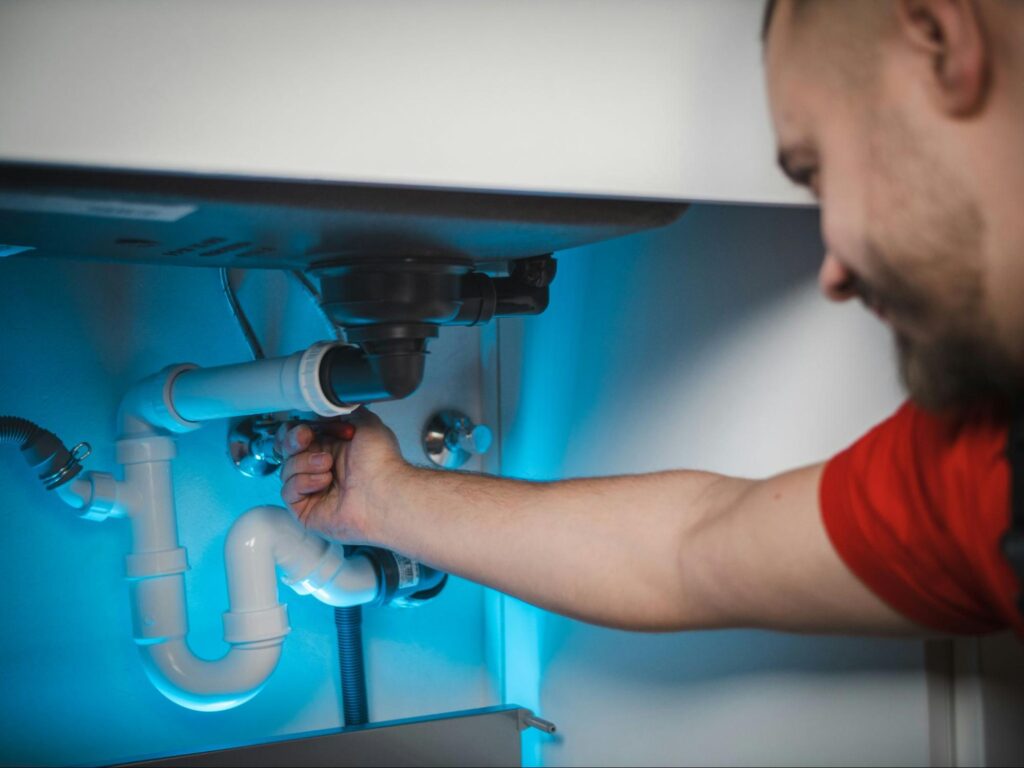
Leaky pipes can result in serious problems and even a larger water bill, if they are not addressed early on. If you have a visible leak, you need to drain the whole system and only after that try and fix the leak with over-the-counter adhesives.
If you have a leak that you can’t find, then it’s a good guess that you have a more severe piping problem. Then, you need to call a professional plumber to inspect the system and find the leak.
To avoid leaky pipes altogether, it’s best if you change the piping on the whole system with modern PVC pipes, which are more durable.
Clogged Toilet
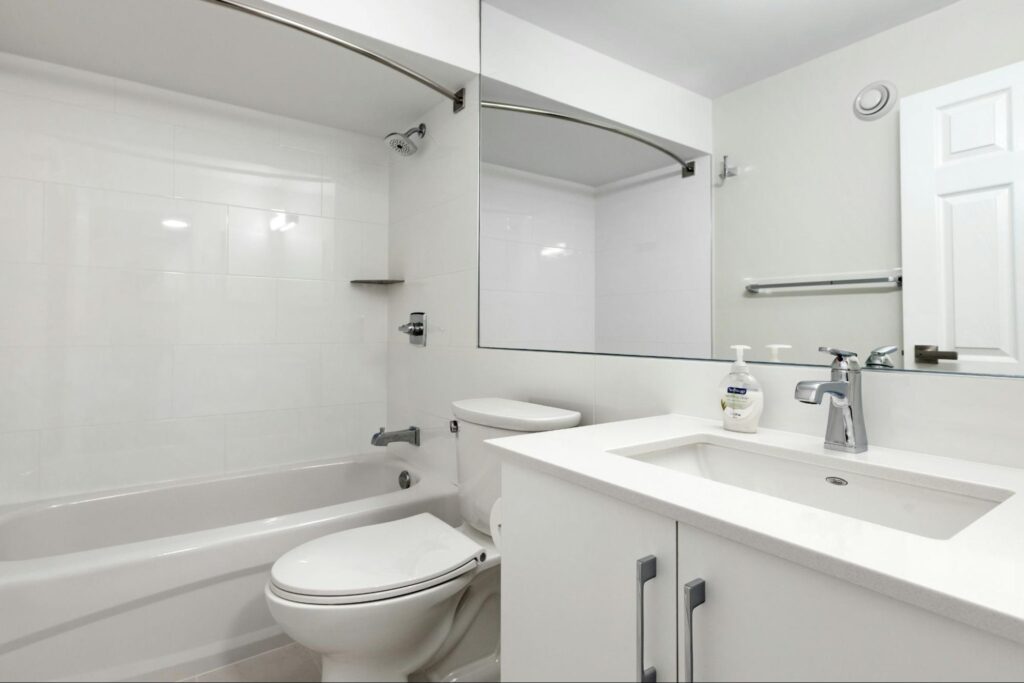
A clogged toilet can become a serious problem if it persists through time. If you see that your toilet isn’t draining, use the plunger to try to remove the blockage. There are also over-the-counter chemicals that can help.
Mineral Buildup
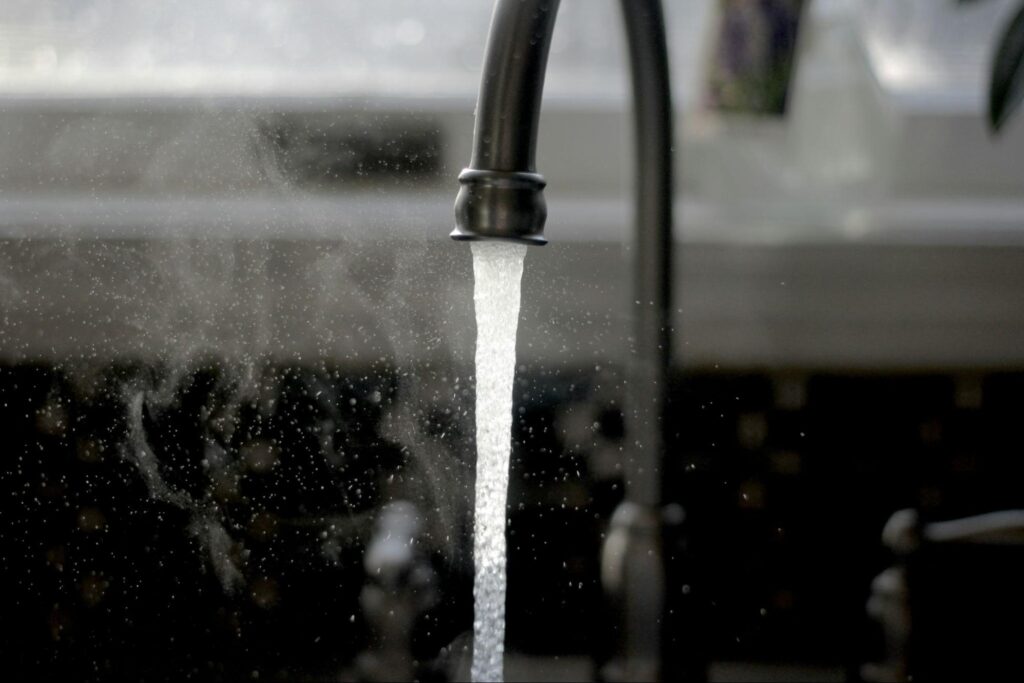
Mineral buildup may seem as not such a big problem, but it may lead to more severe and costly repairs such as corroded pipes.
This also leads to poor water quality.
If you suspect that you have mineral buildup in your system, there are over-the-counter chemicals that can help remove it. Once you have done that, you can think of installing a water softener.
Frozen Pipes
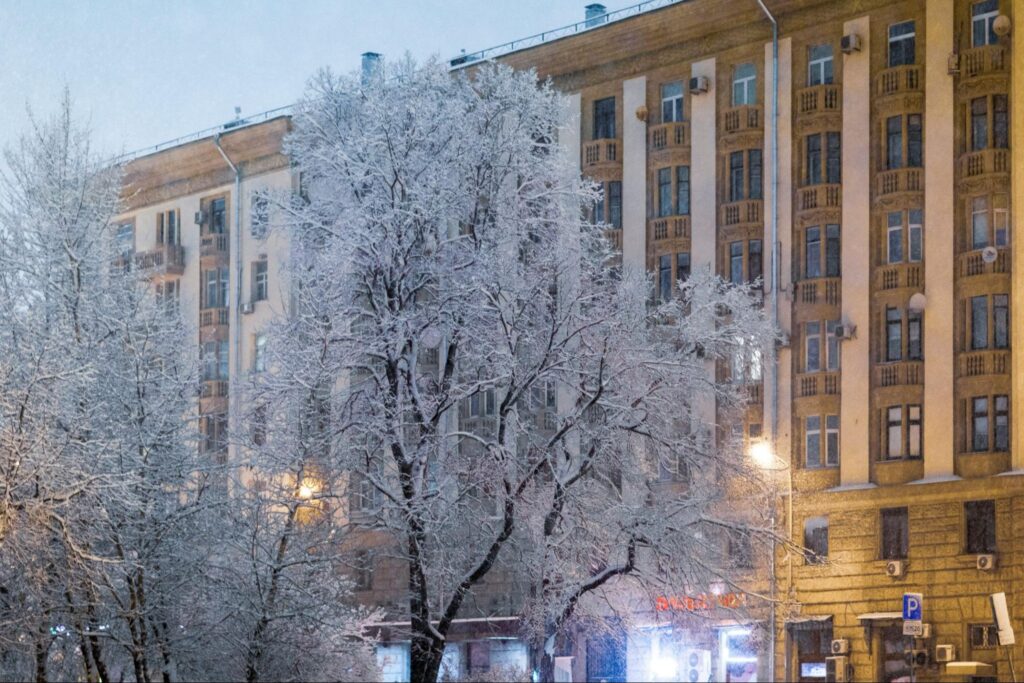
Frozen pipes are a common problem in apartment buildings, especially during the harsh winter weather in Ireland. Frozen pipes can lead to small leaks, restricted water flow, low water pressure and noise from the system.
The first thing you need to do is to check if this problem does affect multiple units in the apartment building. If that’s the case, every household has to tackle the problem in order to prevent it.
If you can fix the problem by yourself, there are a number of ways to do that. You can use a blow dryer to help the pipes unfreeze, but this is only a short-term solution.
Insulating plumbing pipes is the long-term solution and you should call a professional for that.
What Preventive Measures Can You Take?
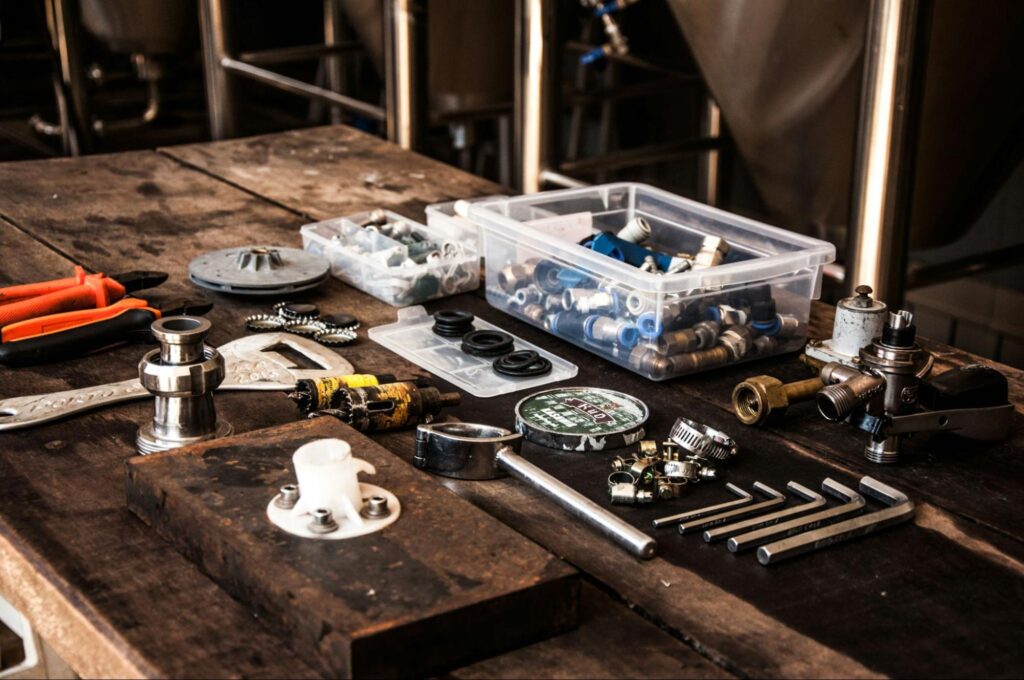
The best preventative measures you can take to avoid different plumbing issues are regular maintenance and plumbing services.
Here are some main rules on how to do that:
- Don’t flush non-flushable items down the toilet; only toilet paper is used.
- Clean your drain pipes regularly.
- Check for plumbing leaks from time to time
- Use over-the-counter chemicals for managing small problems.
If you have plumbing problems that persist in time, despite your best efforts, always contact a professional plumber.
Frequently Asked Questions:
What are the most common plumbing problems?
Those would be low water pressure, clogged drains, running toilets, loud pipes, dripping faucets, lack of hot water, leaks, clogged toilets and mineral buildup.
When do I need to contact my landlord?
Contacting your landlord depends on the plumbing problem you have. For any serious repairs that may affect the constructional integrity of the apartment and building, you have to talk with the landlord.
When should I call a professional plumber?
If a problem persists despite your efforts to fix it, or you can’t identify what the problem actually is, you should contact a professional.

